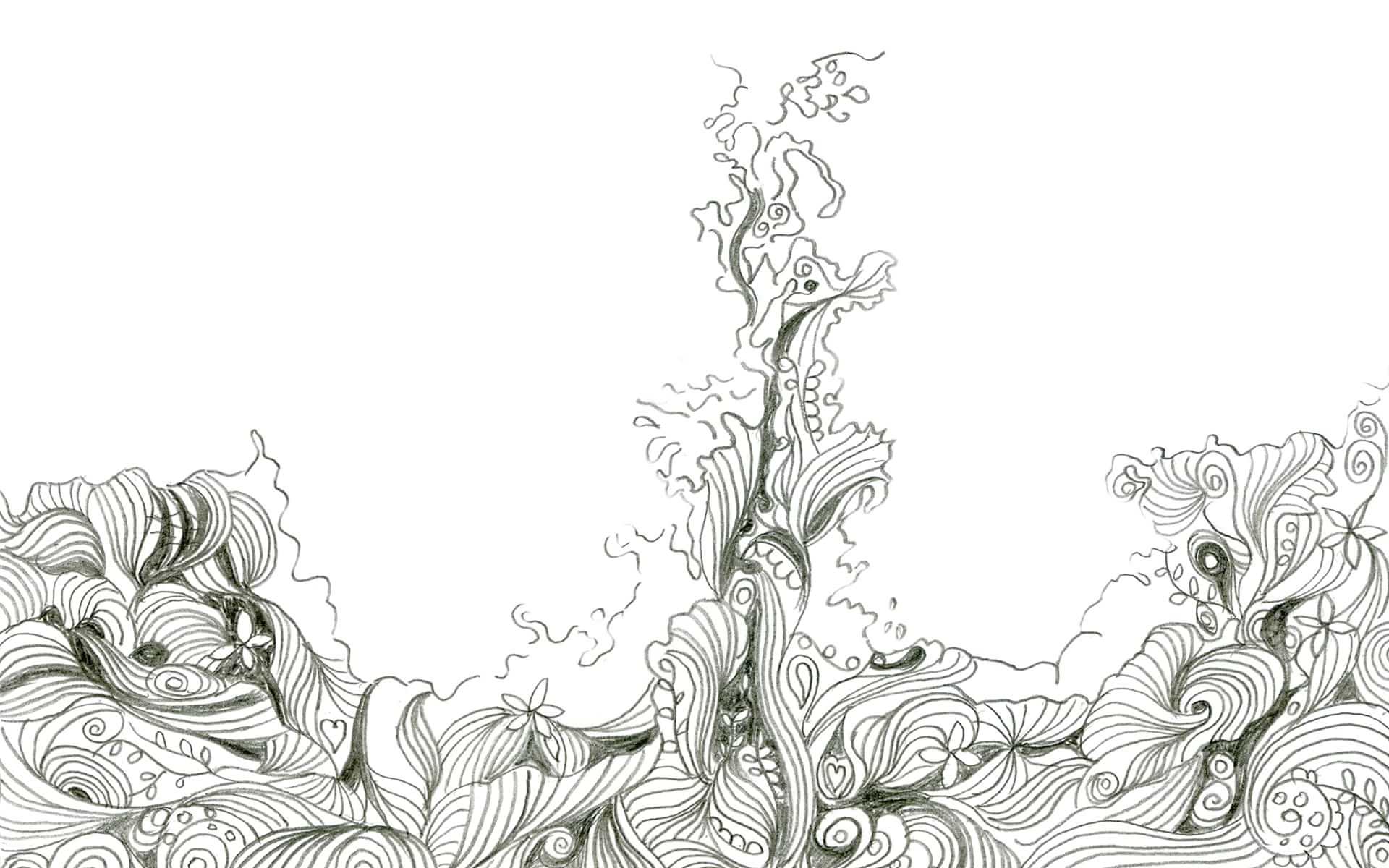Make the best decisions to walk fewer paths.
What's to gain from secondary school?
Despite what the tabloids say, our education system is still regarded as one of the best. Secondary education is probably the only opportunity that you will ever get for learning such a wide range of subjects for free, and even though you may not think it, you will kick your self in the future for not making the most of everything that crosses your path.
I believe that learning a good spectrum of subjects is helpful. It will open up avenues when the time comes to decide on your specialization and give you a broader spectrum of knowledge. And as my mum used to say, "Knowledge is Power Geoffrey! Knowledge is Power!". I would reply, "yeah right mum!" (how wrong I was!!).
When choosing your GCSEs, don't just choose what you are best at...if you are better at sciences try and explore a language too, if you are particularly artistic then explore science's or math's. Its not intuitive to do this but as I mentioned earlier you may never get the opportunity again so grasp it when you can! In saying that, make sure that you put the most into the subjects that you are good at...try and be better!
Choose as many GCSEs as possible. In 2 years time you will have to make a choice between 3 or 5 A.S or A levels you will know now what you like and what you dislike. Remember to keep your options open.
A levels
Choosing combinations of A levels is a hard game as your choices are often limited to what is required to be accepted at your chosen university. Play the game and achieve what is expected for your desired course and university. Apart from the ones you have to chose, try and include something different to your specialization as this shows breatdh ion learning.
If you are planning to pursue an art subject, remember that you have to produce a substantial portfolio of work by the end of your first year to show at your Art foundations interview. Aim high when choosing an art foundation college as there are plenty which will accept anyone, so you should aim for the best!
When producing your portfolio, you should demonstrate a broad range of drawing, painting, and computer aided design. Aim to produce at least 4 sketch books including, ideas, photos, sketches, scribbles, drawings, photocopies, all demonstrating breadth in research and development of ideas and most of all a vigor to achieve the best results.
So a week into you're a levels you realize its completely different to GCSEs, no more regurgitating information from text books...you have to use the info you've learnt now! Your work load has increased tenfold and your starting to wonder whether you can cope.
You can! Just keep plugging away. Put time into your A levels, they are probably the hardest set of exams with your small experience you will have to take. it just gets easier from here...cut your socializing to the weekends and get those grades you need to go to uni...or put time into your portfolio so that you can be proud of your work, and confident about your ability.
Art foundation
Probably the best year of my academic career. For the first time you have the opportunity to eat, sleep and shit art!
You might have an idea about what course you will be choosing a year later but leave your options open as this year you will be introduced to the whole spectrum of art. In my foundation we covered two day seminars of everything from theatre design to product design to fine art to sculpture to architecture to painting, the list seemed endless but immensely exciting and thoroughly stimulating.
Apart from mind stmulation...you are basically in Uni which meant carte blanch on socializing events, parties, pubs, exhibition openings. ect.
Around 4 months later the tutors will view your new improved portfolio and talents and decide with you what stream of art you should speacialise in for the next few months.
From there you will hone in your skills (mine were illustration) ready for your next portfolio inspection. But this one will decide where you will go for the next 3 years so be prepared for a grilling!
As I was accepted in most of my previous interviews ie, foundation, speacialisation etc...I was a little cocky going into the most serious of them all...the uni one! I thought that my work could speak volumes and all I had to do was turn up...after all I was the best!
eh erhhhh!
Unfortunately...I wasn't...and I wasn't prepared enough, and they knew it...wow !! what a difficult 30 minutes..
The moral of that story is obvious! When going into any interview, that's any interview...don't be arrogant!
Always do your homework, know about the organization you are trying to get in to, know why you are the person they should accept, know what you can give to them as well as what they can offer you. Know your subject or industry thoroughly. You should walk into an interview bursting with information about yourself but also the organization you are trying to gain acceptance.
University
Once in University, it's a new world once again, you are free, you have time, you have student bars and you've been accepted for your talents.
Some arrive at Art school and believe they are now qualified to theorise on existentialism and parody. They dwell on insignificant observations and translate them onto there mediocre pieces of work. Often they succeed! The tutors love that shit!
However, during my years studying experimental image making and illustration I was interested in learning how to print, spray paint, paint, draw and sculpt. Every new brief came a new medium, everything, but the electronic one. I was scared to break into the unknown; I was more comfortable with the traditional.
Time past and I plodded through having lots of fun and skipping those ever important voluntary courses in illustrator, Photoshop, aftereffects, CSS, coding, web stuff in general as it seemed that everyone did.
However by the time I graduated and began looking for work, I realized that actually, I didnt learn the basics well enough. I had to start all over again.
The graphic design course at LCP, taught me how to express my thoughts visually, how to condense ideas and how to research and form opinions. It taught me how to use, abuse, form and stretch this new visual language that we were constantly exposed to.
The course also taught the value of group critiques and appraisals. It should teach you that your work can be enriched with more thought, with different influences, different perspectives, without necessarily diluting your original idea.
In these critiques, as the author, you will learn how to verbally explain your thoughts and reasoning behind your outcome, clearly and concisely so that there is no confusion, and no doubt in your overall piece.
Through the course critiques, appraisals, assessments and exhibitions, you should gain the confidence and ability to meet potentially clients and articulate your thoughts, but also listen to their ideas and be sympathetic to their ideas and input on your work.
Gaining these attributes is highly important in the outside world of design, without them you will find it hard to succeed.
However, coming out of university, what I lacked were the basics. On the course I never paid much time to how to do it, just the why to do it..? This meant that on leaving with my degree in hand I had little computer practical experience vital when looking for a job in a graphic design studio.
Looking for work
So that I could efficiently and successfully translate my ideas into tangible project solutions, in the short time frame, necessary when working in any graphic design agency, I had to start learning again.
There are a few ways to do this.
The first is to set yourself your own project briefs, choose realistic projects that you can imagine will be a part of your job as a graphic designer in a studio. For example, a logo design for your local furniture company, a flyer design for your favourite club night, or a poster for your current political bias. Work on these on your spare time. Meanwhile find any job in the communications industry. Whether it be an administrator for a product design firm or a artworker for a textiles company, take anything! As this will give you experience in just working!
Because you are now employed from 9am - 5pm every day to meet your university debts...you will find it hard to get home and concentrate on a project that doesn't even exist. However this is the first test...this is where some will fall, but rest assured if you continue, if you work hard, then it will pay dividends in a few months time!
By now you should have many friends, partners, colleagues, ex-boyfriends or girlfriends, people in general to let know that you are now a fully fledged designer looking for work or looking to help out using your design skills...once again take every opportunity!
My first paid graphic design job was a club flyer for a friend. I charged 25 squid for the end product. The flyer took me around 4 nights to produce.. Which meant that I worked for around 2 pence an hour! However I felt great!! For the first time someone had taken my work printed and distributed it in the thousands. I never looked back since. Soon I was producing 2 published flyers a month now charging around 40 squid for them. They still took me an eternity as I had found a drawing and colouring style using freehand and photoshop that would make my design popular.
So one flyer turned to many, soon came a few business card jobs then a few posters eventually I was given a whole marketing campaign to design for a government office it was scary but exciting!!! All from friends or associates of friends at a cut price. They were benefiting from my labour and I was benefiting from the practice. Eventually my portfolio started looking like that of someone who had already had some experience in completing commercial work.
Exactly what I needed to break from my first menial job!
a fish in sea, Workshop 9, Royal Victoria Patriotic Building, Fitzhugh Grove, London. SW18 3SX. UK

